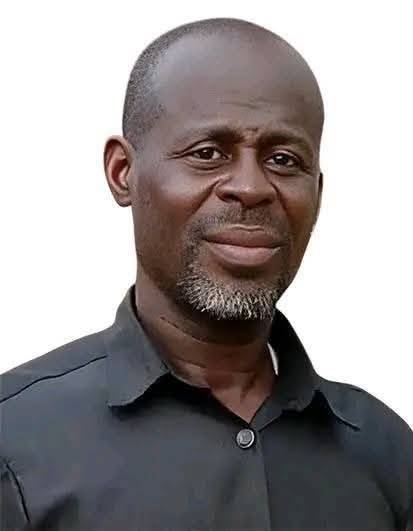Angry residents of Sampa have launched a blistering public campaign accusing some local leaders of decades-long wrongdoing they say has “systematically” undermined the town’s development. The allegations centre on claims that municipal and political figures are colluding with criminals, while using public funds to deal with security problems the residents say those same actors helped create.
At the heart of the controversy is a statement widely circulated in local networks that the district chief executive (DCE) is spending GHC 72,000 per day on security measures. Critics say that figure if accurate represents a shocking misuse of scarce public resources and a cynical attempt to paper over governance failures.
“Who doesn’t know who is destroying Sampa?” read a widely shared public post from a community watchdog group. The message named more than a dozen people including figures identified locally as business operators and political contacts and accused them of “dining and wining” with the DCE while ordinary residents pay the price in rising insecurity and stagnating services. The post pledged that Sampa will rely on “tradition, custom and the law” to protect the town.
Community leaders pointed to long-standing grievances: stalled development projects, alleged nepotism in procurement and appointments, and an uptick in violent and anti-social behavior they insist has been tolerated — or even abetted — by local officials. “You are complaining of using our money to solve the very mess you are creating,” one local activist told Amnewsworld, echoing the language of the online petition.
Traditional authority has been drawn into the dispute. The post reaffirmed support for the area’s formally gazetted Omanhene, naming Nana Samgba Gyafla II as the rightful traditional leader of the Sampa Traditional Area. Supporters said the commissioning of the chief gives the customary institution a renewed role in safeguarding the town’s future.
Calls for an independent inquiry
Residents and civil-society actors are demanding an immediate, transparent investigation by regional anti-corruption bodies, the Office of the Auditor-General and the police. They want audited accounts for the DCE’s security spending and a probe into the financial relationships alleged between municipal officials and the people named in the online complaint.
“Transparency is essential,” said a spokesperson for a local community coalition. “If these funds were legitimately used to protect lives and property, then produce the receipts. If not, those responsible must be held to account.”
DCE’s office silent; police say investigations ongoing
Amnewsworld has contacted the district assembly seeking comment on the GHC 72,000-per-day claim and the specific allegations circulating online. At the time of publication the DCE’s office had not responded to requests for clarification.
The Ghana Police Service’s regional command confirmed it had received complaint(s) related to public safety and alleged criminality in the Sampa area but would not comment on the specifics while investigations were underway. “We urge all parties to refrain from vigilante action and to allow law enforcement to do its work,” a regional police statement said.
Political and social context
Local analysts say the Sampa dispute reflects wider tensions across parts of Ghana where rapid urbanization, contested resource allocation and political competition have exposed governance weaknesses at the municipal level. “When state institutions are weak or appear partial, people turn to tradition and community networks for redress,” said a governance expert at a Ghanaian university.
Observers also warn that unverified naming of individuals in public fora can inflame tensions and risk reputational harm if allegations are not properly investigated and substantiated. They urged balanced, legally compliant inquiries that protect both the rights of complainants and those accused.
What residents want
For now, demonstrators and civic groups in Sampa say they will sustain pressure until a credible audit is published and independent investigators complete their work. Their demands include:
• An immediate public account of security-related expenditures by the district assembly.
• A police review of the individuals named in the complaints, conducted with full transparency.
• Engagement between the district assembly, traditional leaders and community representatives to agree a roadmap for restoring public trust.
“As long as we are ignored, the people of Sampa will keep pressing,” a community organizer said. “We will not let our town be sacrificed.”


